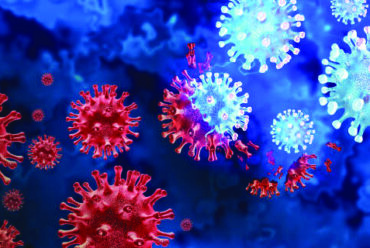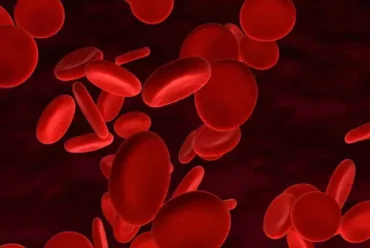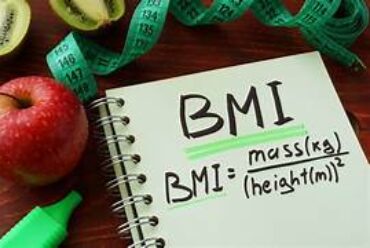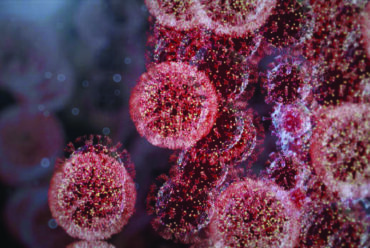DEPRESSION: SYMPTOMS & CAUSES

DEPRESSION: SYMPTOMS & CAUSES
Depression is a mood disorder that causes a persistent feeling of sadness and loss of interest. It affects how you feel, think and behave and can lead to a variety of emotional and physical problems.
Depression is a common and serious medical illness that negatively affects how you feel, the way that you think and how you act. Fortunately, it is also treatable. Depression causes feeling of sadness and loss of interest in activities you once enjoyed. It can lead to a variety of emotional and physical problems and can decrease your ability to function at work and at home.
Causes of Depression
- Abuse: physical, sexual or emotional abuse can make you more vulnerable to depression later in life.
- Age: people who are elderly are at higher risk of depression that can be made worse by other factors such as living alone and having a lack of social support.
- Conflict: Depression in someone who has the biological vulnerability to it may result from personal conflicts or disputes with family members or friends.
- Death or Loss: Sadness after the death or loss of a loved one, though natural, can increase the risk of depression.
- Genes: A family history of depression may increases the risk. Its thought that depression is a complex trait, meaning there are probably many different genes that a single gene that contributes to disease risk. The genetics of depression, like most psychiatric disorders, are not as simple or straightforward as in purely genetic disease such as Huntington’s chorea or cystic fibrosis.
- Major Events: Even good events such as starting a new job, graduating or getting married can lead to depression. So can moving, losing a job or income, getting divorced, or retiring. However, the syndrome of clinical depression is never just a normal response to stressful life events.
- Other Personal Problems: problems such as social isolation due to other mental illness or being cast out of a family or social group can contribute to the risk of developing clinical depression.
Symptoms of Depression: Depression symptoms may vary from mild to severe and can include:
- Feeling sad or having a depressed mood.
- Loss of interest or pleasure in activities.
- Changes in appetite- Weight loss or gain unrelated to dieting.
- Trouble sleeping or sleeping too much.
- Loss of energy or increase fatigue.
- Increase in purposeless physical activity. (e.g. inability to sit still, pacing, handwringing) or slowed movements or speech (these actions must be severe enough to be observable by others)
- Feeling worthless or guilty.
- Difficult thinking, concentrating or making decisions.
- Thought of Death or Suicide.
Foods to Avoid and Include
Foods to Avoid
Alcohol– There is a clear link between alcohol and mental health problems. It can lead to further depression.
Refined Foods– People who consume lots of fats foods are more likely to have depression. Eg. Toast, Breads, Refined flour, Doughnuts, etc.
Processed Oils– Refined and saturated fats can trigger inflammation, and they may also impair brain function and worsen the symptoms of depression. Eg. Trans Fats- It is present in many processed foods, fats in red and processed meats, safflower and corn oil which are high in Omega-6-fatty acids.
Soya Sauce– This is sensitive to Gluten then it may cause anxiety or depression.
Ketchups- It is made mostly with Tomatoes and lots of Sugar. Artificial sweeteners that could link to anxiety and depression.
Caffeine High – Caffeine can cause agitation, tremors, nervousness and sleeplessness. All of these can have negative impact of mood. Eg. Tea, Coffee, Sodas, Energy drinks.
Fruit Juices– The fiber in the fruits fills you up and slows down how your blood takes in energy. Without that fiber, it is just nutritious sugar- water that can quickly hype you up and bring you down just as fast. That can leave you Hangry.
Soya Sauce– This is sensitive to Gluten then it may cause anxiety or depression.
Ketchups– It is made mostly with Tomatoes and lots of Sugar. Artificial sweeteners that could link to anxiety and depression.
Foods to Include
Selenium- Increasing Selenium intake might help improve mood and reduce anxiety, which may help make depression more manageable. Eg. Whole grains, Brazil nuts, Sea foods, Organ meats such as Liver.
Vitamin D- It is key nutrient of mental and physical health. Eg. Oily fish, Beef liver, Egg, Sun exposure, Sunflower seeds.
Omega-3-fatty acids- It may reduce the risk of mood disorder and brain diseases by enhancing brain functions and preserving the myelin sheath that protects nerve cells. Eg. Salmon, Sardines, Tuna, flax seeds, Chia seeds, Walnuts.
Antioxidants- Vitamin A,C,E contain substance called antioxidants. It reduces symptoms of anxiety disorder. Eg. Plant Based foods, Berries, Soy.
Vitamin B-Vitamin B12 and B9 helps to protect and maintain the nervous system, including brain. They may reduce the risk of symptoms of mood disorder, depression. Eg. Eggs, Meat, Poultry, Fish, Milk, GLV, Nuts, etc.
Zinc- It is known as antidepressants. Eg. Whole grains, Beef, Chicken, Pork, Nuts.
Protein- The body uses a protein called Tryptophan to excrete Serotonin, the “feel good” hormone. Eg. Tuna, Turkey, Chickpeas.
Probiotics- Boost the gut flora. Healthy gut may reduce the symptoms and risk of depression.
Other tips that may help include:
- Getting at least 150 minutes of physical exercise each week.
- Spending time outdoors.
- Avoid the use of alcohol and other substances.
- Getting at least 7-8 hours of sleep in every 24 hours.








No Comments